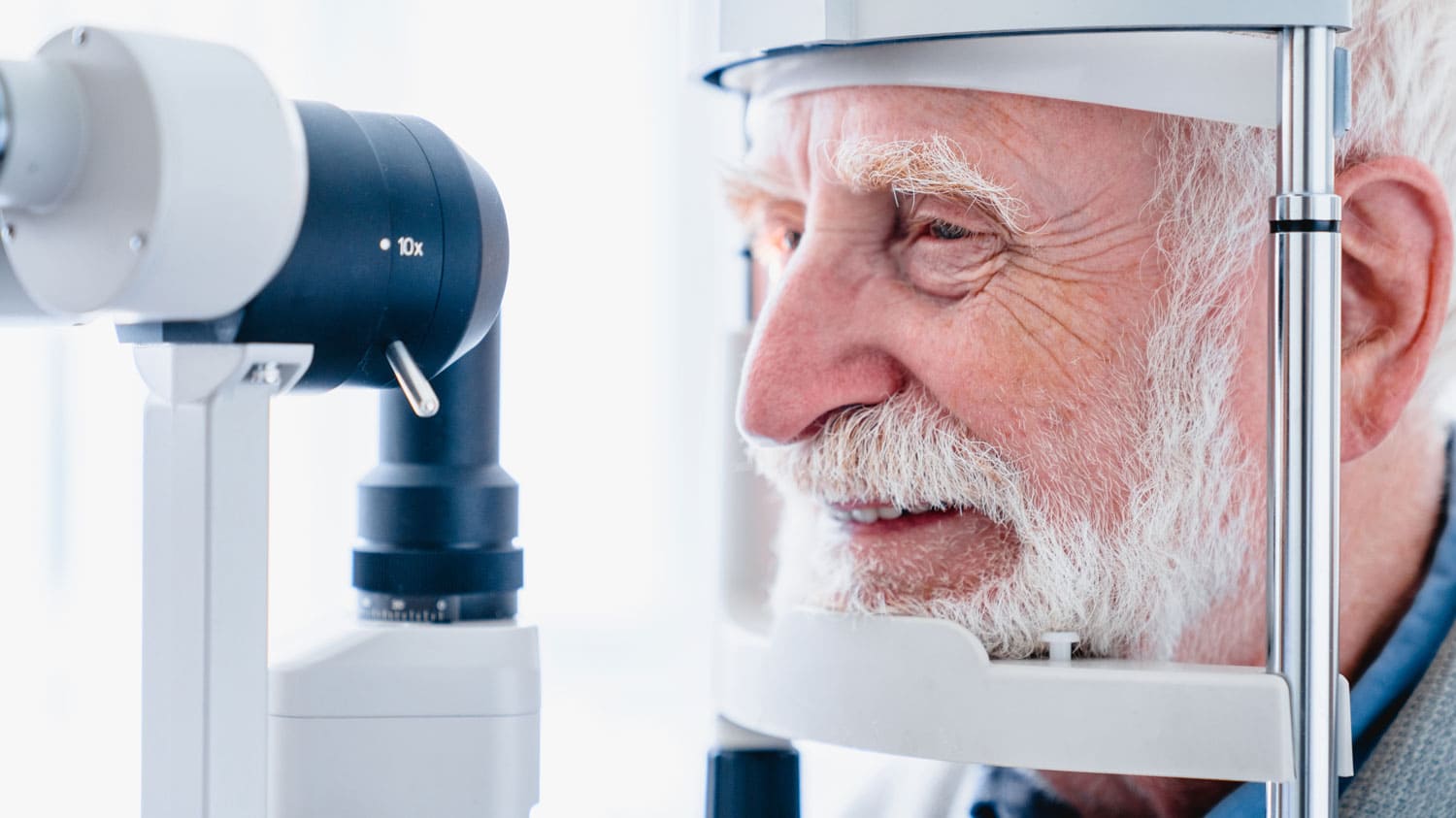
IN THIS VIDEO PROF MOHAMMED MUHTASEB SHARES HOW LONG REFRACTIVE CATARACT SURGERY LASTS
How long will refractive cataract surgery results last?
The results of refractive cataract surgery and refractive lens exchange are designed to last for a lifetime.
The lens implants are manufactured to last a lifetime, and the optical performance of the eye and the lens implants is designed to last a lifetime.
If a patient unexpectedly develops a condition that is separate to the cataract or refractive lens exchange intervention, then that may impact the quality of the vision later on in life. However, the surgical procedure itself, regarding cataract surgery, lens implant surgery, refractive lens exchange, those results are designed to last a lifetime.
I invite you to book a consultation to determine your suitability for refractive cataract surgery or refractive lens exchange. It’s the only way to determine your suitability for these procedures and to have an in-depth discussion regarding the risks and benefits of each of them. I look forward to seeing you there and taking you through the journey to achieving your desired postoperative outcome.
Share This Story, Choose Your Platform!
Don’t let post-COVID cataract queues delay you from getting the treatment you need. Book a call with Cat today
Speak with us over the phone, and get a clear answer on your cataract surgery options from the comfort of your home. You’ll also discover the little known possibility of fixing your reading and/or distance vision at the same as you fix your cataracts. Book your call above today.
ABOUT THE EXPERT
Prof Mohammed Muhtaseb, FRCOphth
Consultant Cornea, Cataract and Refractive Surgeon
iLase is the private practice of Consultant Ophthalmic Surgeon, Prof Mohammed Muhtaseb. Based in South Wales, he is one of the very few ophthalmologists working in the UK who is a fellowship-trained specialist in Cornea, Cataract and Refractive Surgery. He holds full specialist registration with the General Medical Council and was appointed as a Consultant in the NHS in 2006.




